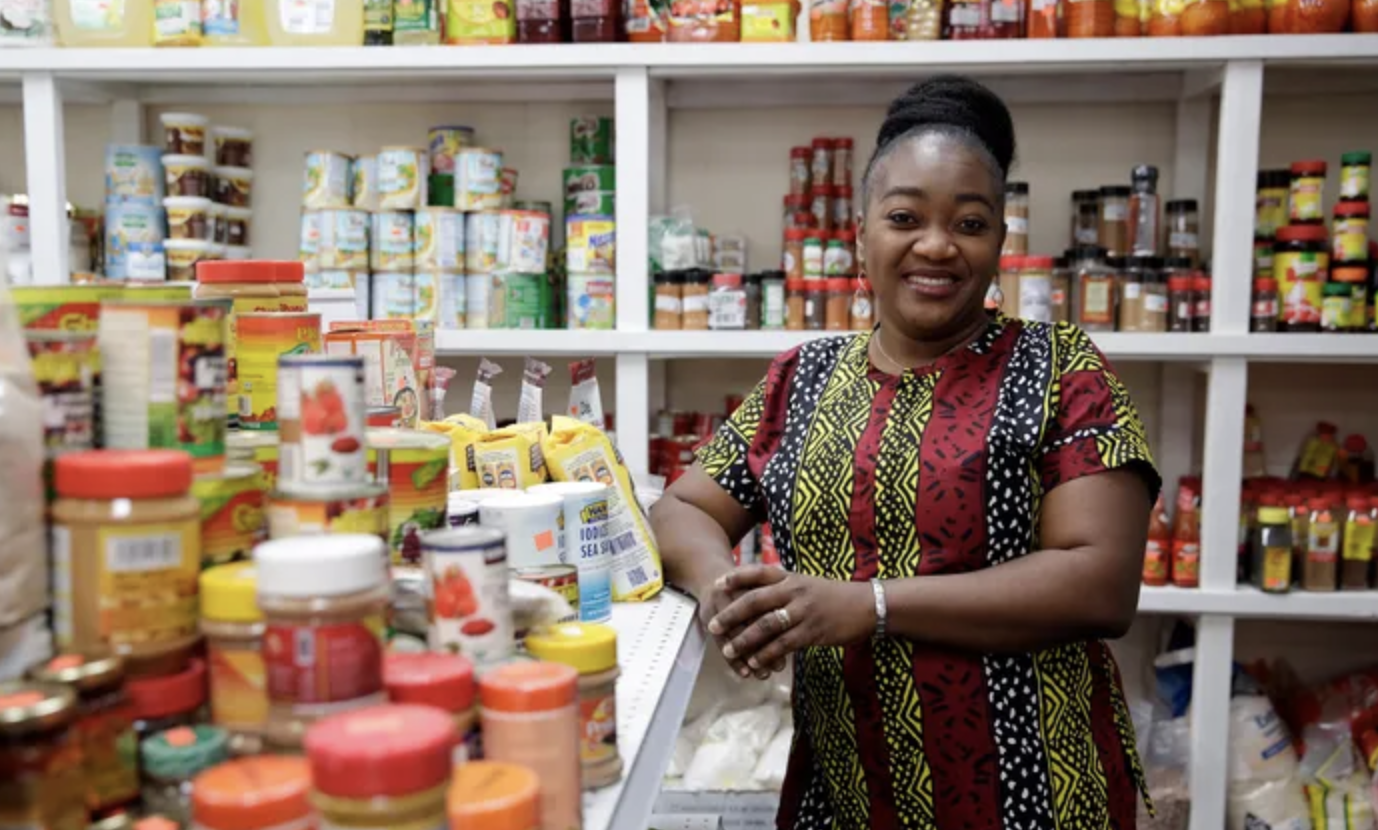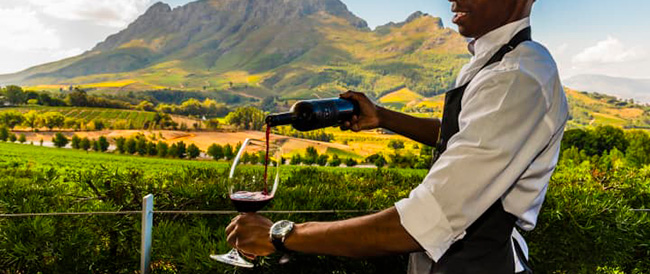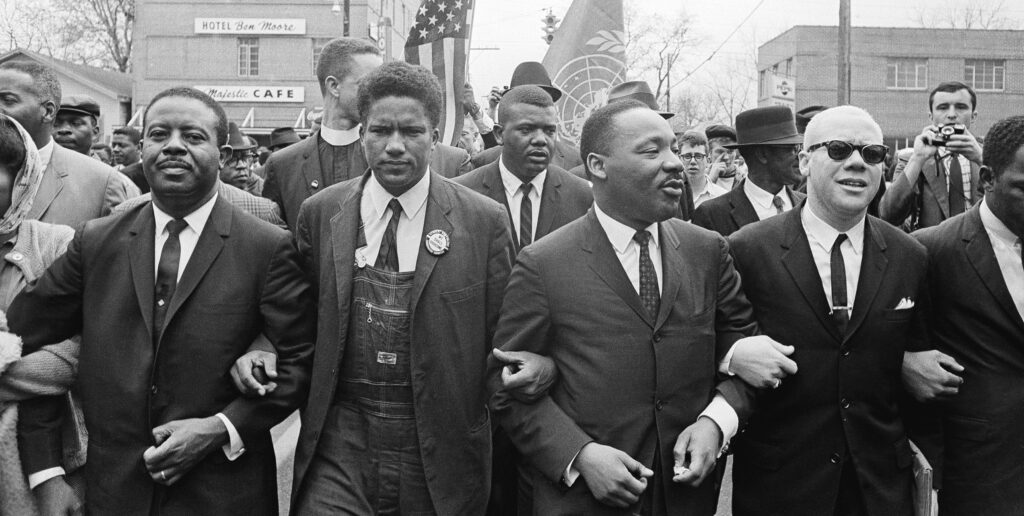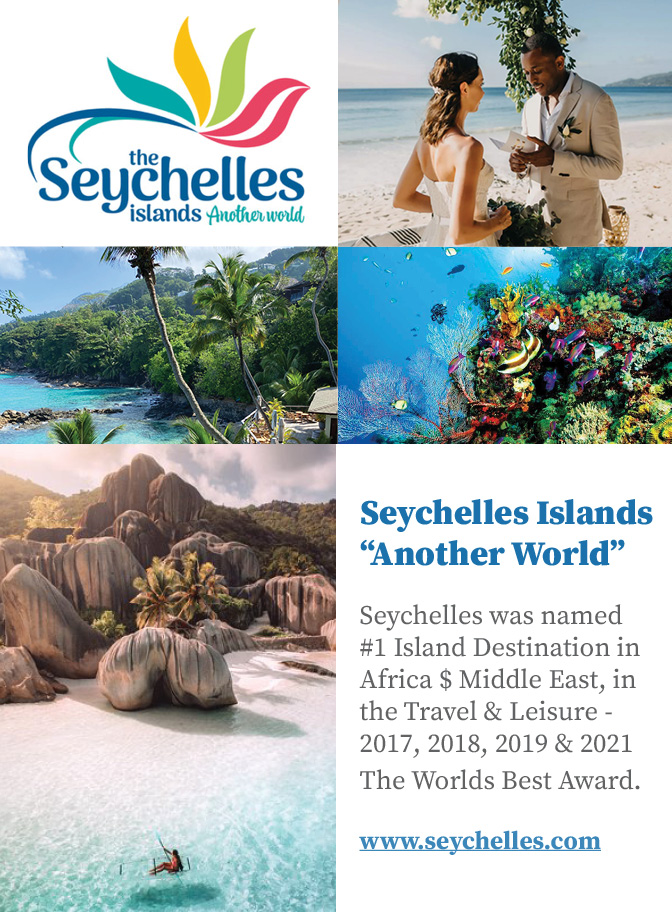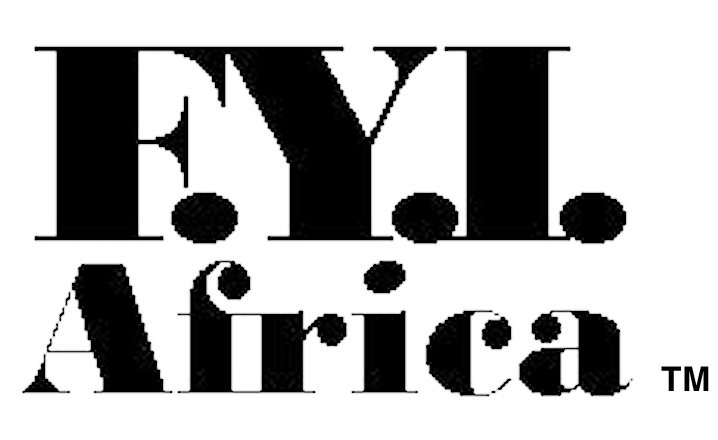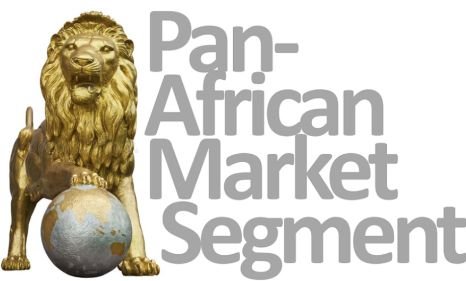
Africa's Influential Media Voice in America Since 1989
Latest Stories

Our Pan-African e-commerce marketplace
Shopping at our AFRICA SHOPPING MART for that exotic TASTE OF AFRICA will be well worth your while. Open to different vendors from across the pan-African world, a market away from home. AKWAABA!
NOW YOU CAN SHOP AFRICA
Dr. Martin Luther King, Jr. locks arms with his aides as he leads a march of several thousands to the court house in Montgomery, Ala., March 17, 1965. From left: Rev. Ralph Abernathy, James Foreman, King, Jesse Douglas, Sr.,
Black History Month is considered one of the nation’s oldest organized history celebrations, and has been recognized by U.S. presidents for decades through proclamations and celebrations. Here is some information about the history of Black History Month.
SUBSCRIBE TODAY"
Join top business leaders who trust The African Times/USA for rare business insights, information, and analysis in the Pan-African World.
The African times/usa
MOST READ STORIES

Foreign Currency Conversion Portal
Our portal provides accurate currency conversions for a wide range of currencies, allowing you to quickly and easily calculate exchange rates. Whether you’re traveling abroad or conducting business overseas, our currency converter makes it easy to stay on top of the latest exchange rates.
The African times/usa
Sponsored Contents
Reasons Why You Should Fly Ethiopian Airlines At Least Once
Why South African Traditional Medicines Qualify For Use In Modern Healthcare
Ten Reasons You Should Visit Seychelles As Part Of Your Bucket List
Don't Miss Out !
Find out what you don’t know, Find out what only a few people know. Join our elite readers.
Be the First to Get
The African Times/USA Quarterly Reports When You Subscribe

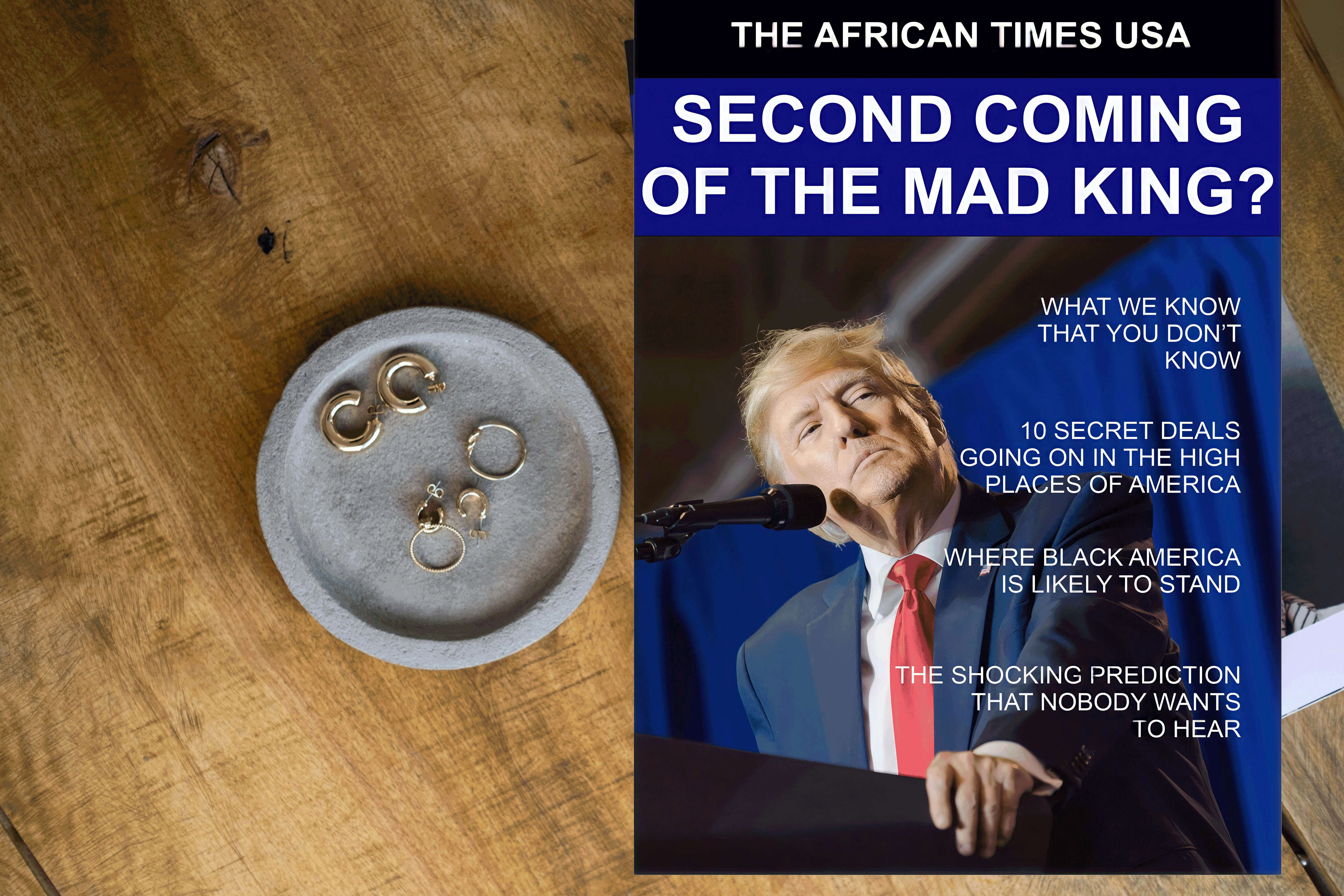
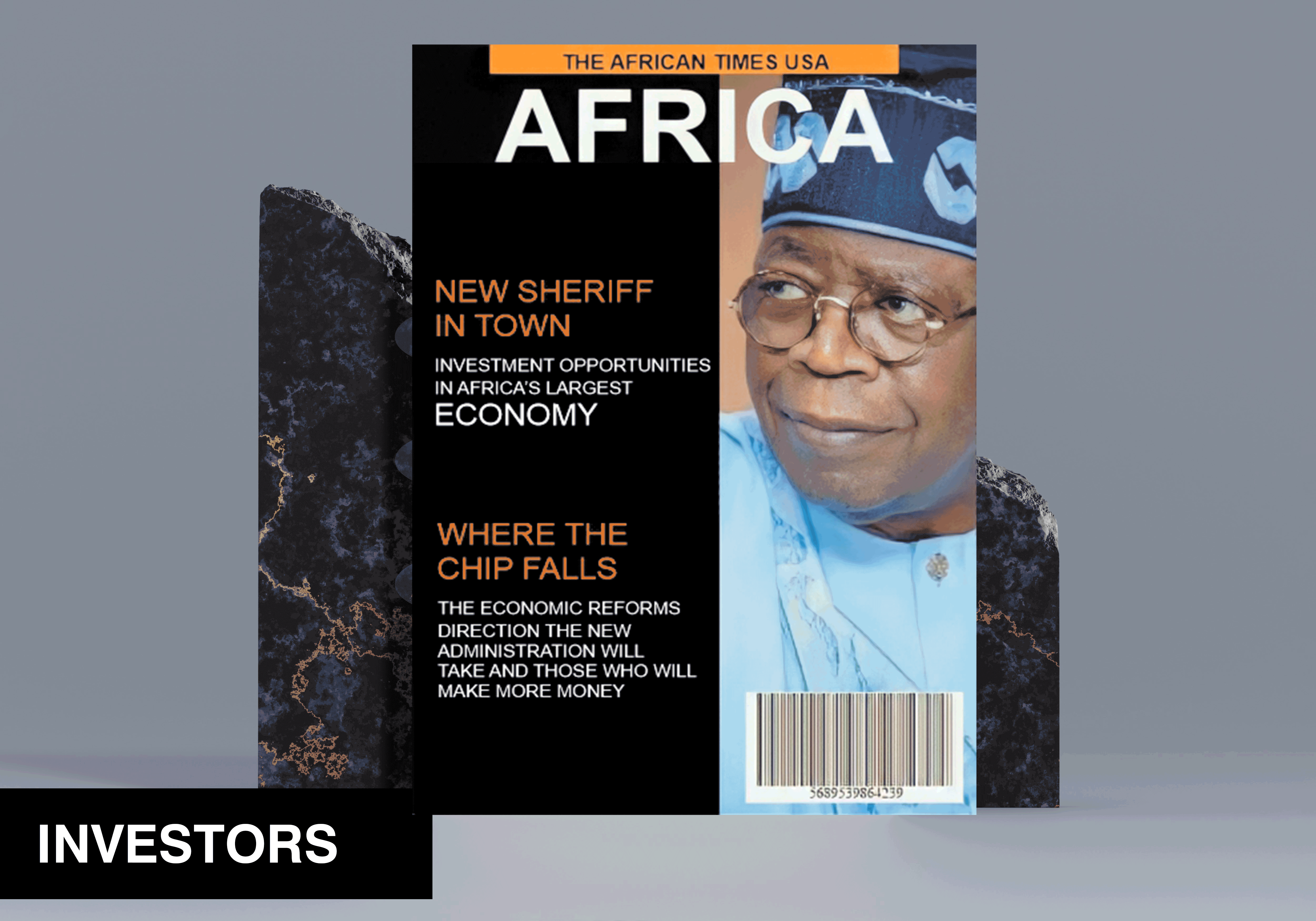
The African times/usa
